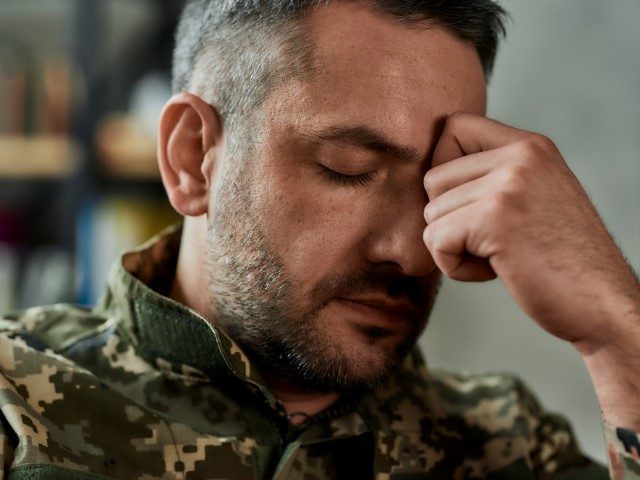Tom Satterly, a combat veteran portrayed in the movie “Black Hawk Down” about the 1993 battle in Mogadishu, Somalia, is spending his days helping fellow veterans.
He served in the United States Army for many years and during a large part of that time was a member of the most elite special operations unit, Fox News reported on Friday.
After leading numerous missions and winning honors that include bronze stars for his valor, he is currently working to conquer post-traumatic stress disorder (PTSD) and support others at the same time.
PTSD is described by the Mayo Clinic as a mental health issue caused by a terrifying event in a person’s life.
“Symptoms may include flashbacks, nightmares and severe anxiety, as well as uncontrollable thoughts about the event,” the website reads.
Satterly created a foundation to aid veterans suffering from brain injuries. He also recalled the moment years ago when he nearly took his own life but got a text message from someone very special named Jen.
She later became his wife and is now the co-founder of their nonprofit called the All Secure Foundation.
According to its website, the foundation assists special operations warriors and their loved ones heal from the trauma caused by war.
“You are never alone. We’ve got you six. Please reach out,” the site tells visitors.
According to Satterly, the complex PTSD he suffers from was set off in Somalia when he, without warning, became part of a rescue operation after a pair of American helicopters were shot down.
He remembered how everything changed so quickly, stating, “We went on foot to the crash site … and that’s when they pinned us. … That feeling of being trapped, and you just want to go home, like — I just want this to be over.”
Now, the Satterlys are able to help other veterans and their spouses, children, and relatives, thanks to the foundation.
Jen noted, “These are people who were trained for combat. Trained to get a job done. Now they need to be trained to cope with it — to come back home and live with their spouse and kids.”
“There’s help, there’s hope, there’s healing — and we are here to help people get to the other side,” she concluded.

COMMENTS
Please let us know if you're having issues with commenting.